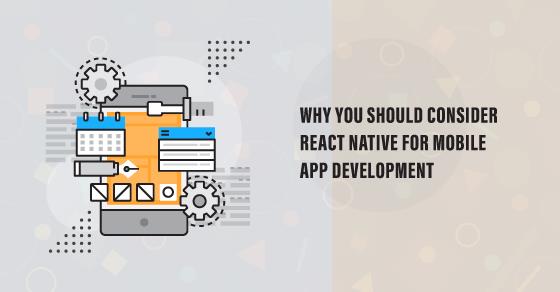
Beyond a fantasy come true, Virtual Reality has become a business tool which revolutionizes the habits of interaction in the different sector such as like retail, health etc. Virtual reality is transforming new markets, offers a growing number of impressive applications in the enterprise settings. Dramatically it is all set to hit the mainstream markets soon.
Apart from VR competence in different sectors like retail, health, tourism, training or transportation, there are many other potentials that could have a much greater impact on our daily lives. With this in mind, here are 3 great Virtual Reality use cases:
Virtual Reality revolutionize the future shopping concept through visualization. If your an enterprise manufactures and sell products, virtual reality can change your world drastically by enabling you to promote your brand and products absolutely in a new approach.
Read more
On the verge of becoming even smarter and more competent, machine learning re-imagine the entire app creation and marketing playbook. Certainly, Machine Learning is driving a new generation experience that transforms applications and services in a way how people prefer and value.
Machine learning is a cool topic if you are interested in building kick-ass apps with intelligence that includes features such as natural language processing, prediction, face detection, speech recognition or anything like that. From Virtual Assistants to traffic predictions, machine learning is refining the conventional way of tasks performance along with smarter pieces of stuff to enhance the experience.
As it’s not an easy option to develop a machine learning system from the scratch, a number of machine learning frameworks are available for developers to make intelligent apps. There are many open source machine learning platforms with on-device processing, without big data, and just a few lines of code. So here we bring up the best machine learning frameworks that can aid developers to get things done in a very convenient way in smart application development, for both, web and mobile.
Read more
Right from the time of inception, React Native had been the central point of interesting discussion for developers. During the initial phases, developers were quite uncertain about its challenges, and performance while using it. React Native is not the de facto solution to develop mobile apps instead, it is an effective solution combining the JavaScript and HTML codes to ship a cross-platform app without compromising user experience.
When we say about mobile app development, there are two major streams – iOS and Android. To develop iOS and Android apps, we need experts in Swift or Objective C, Java or Kotlin, Cocoa Touch, Android SDK, XML and the list keeps growing with libraries and other testing tools. For instance, with React Native, developers can code the app by adding multiple modules to perform on various smartphones in a similar manner. This is why today’s developers prefer React Native and the biggies like Facebook, Instagram and Walmart etc are using react native apps.
If you are planning to create highly reliable, flexible, and interactive apps, React Native will be the right choice. Let’s look at the promising features of React Native to develop your next mobile app in a quick and effective way.
Read more
Cloud computing is an emerging technology paradigm in today’s digital world. The tangible and intangible benefits that businesses stand to gain for strategic initiatives and innovation by adopting cloud computing technology is endless.
For enterprises, adoption of cloud computing is a strategic decision for running infrastructure on the cloud by freeing up critical IT resources, to achieve tremendous cost-savings and cease revenue growth.
Many enterprises are moving their technology ecosystem to cloud in order to harness the power and benefits of cloud computing. It’s mainly because of the significant advantages to the corporate growth with the opportunity for increased efficiency, improved cash flow and offers many more benefit.
Read more
Business Intelligence comprises the strategies and technologies for the data analysis of business information, to understand consumer trends and optimize your company’s business operations.
Smart organizations are adopting business intelligence to get ahead by transforming data into actionable intelligence to take advantage of opportunities, predictive to challenges, better business decision making to overcome threats.
With business intelligence, companies can analyze data which will benefit to transform performance, boost revenue, increase incomes and enhance customer satisfaction and retention.
Read more